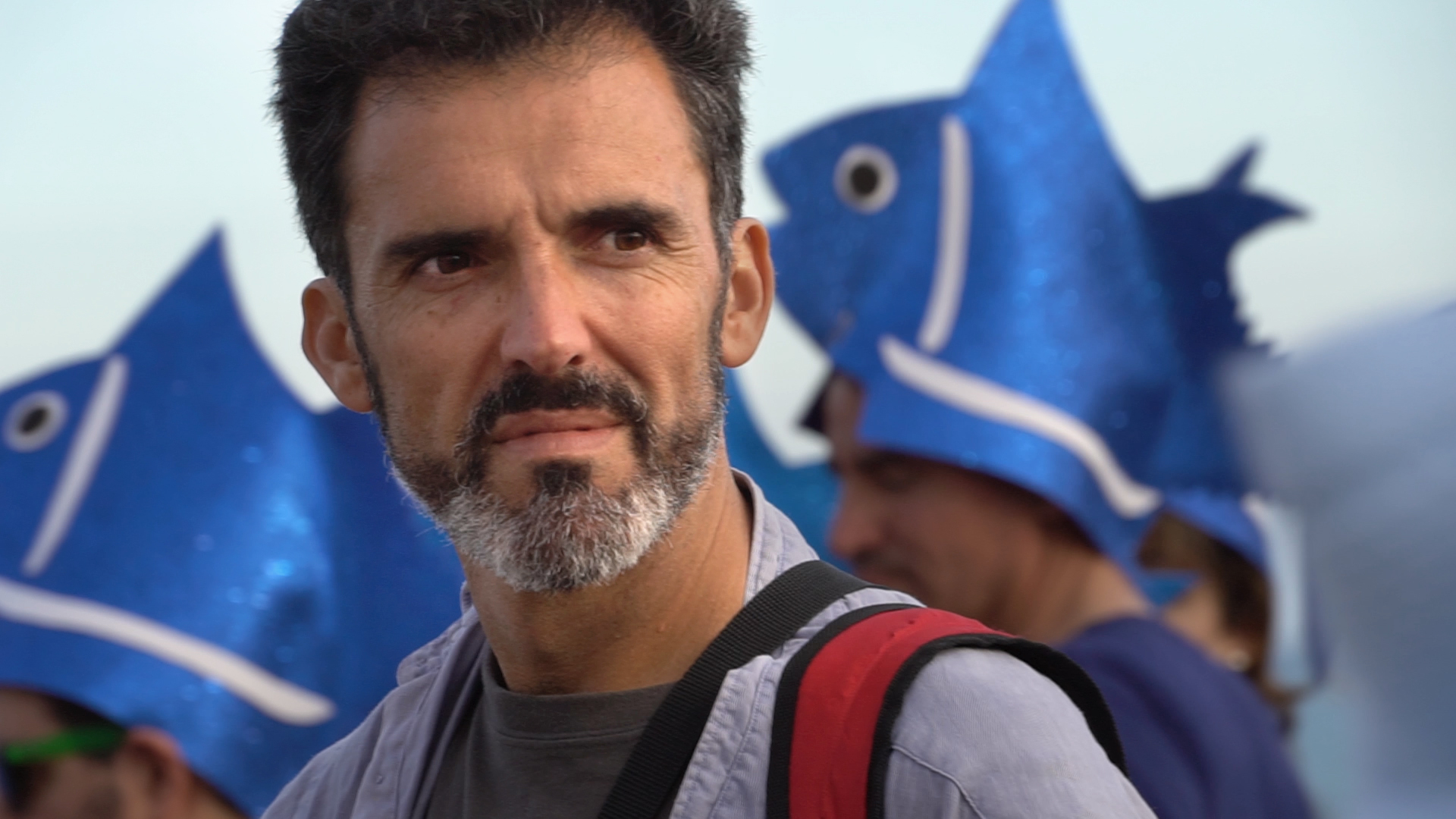Publications et autres travaux
Site web du partenaire

Biography
David Florido is Lecturer in Social Anthropology at the University of Seville since 2003, and member of the official Research Group to Socio-cultural Identities Studies in Andalusia, since 1997. He received the doctorate in Social Anthropology in 2002, and this research has been published in two volumes [Spanish]. His main research interests are fisheries, in cultural, socio-economic and political dimensions.
He has participated in scientific interchange programmes, being member of several scientific networks and projects on subjects such as: fisheries management, economics, policy, and, more recently, maritime heritage. The scientific interchange programmes and networks are: Roosenstiel Research Center of Atmospheric Sciencies, University of Miami (2000); Indicco data base Project (2002), Fish for Food: Interactive Governance (2003-2005); European Network of women’s organisations in fisheries and aquaculture (AKTEA, 2004-2005).
The use of participatory research tools (from Stakeholder Analysis to Interactive Governance applied to Marine Spatial Planning) are their fields of expertise, that have been carried out in different projects, past and in course, specifically in maritime ports and fishing communities. The context where these activities have been developed is the coastal space of Andalusia (Southern Spain), in which new socio-economic activities (recreational fishing, tourism, diving, alternative energy systems…) are doing more complex the previous coastal and marine sceneries.
According to this background, David Florido might participate in training activities in order to enhance qualitative research tools and techniques, specially the use of Stakeholder Analysis or Participatory Methods, in contexts where the increasing number of social and institucional agencies, the intensification of uses, and the diversity of goals and expectancies make more difficult the management of marine and coastal realms. As well David Florido might encourage the searching of colaboration between differente actors, although their knowledges, languages and values (that is, their cultural rationale) are different, so that it is needed to build spaces of dialogue and consensus.